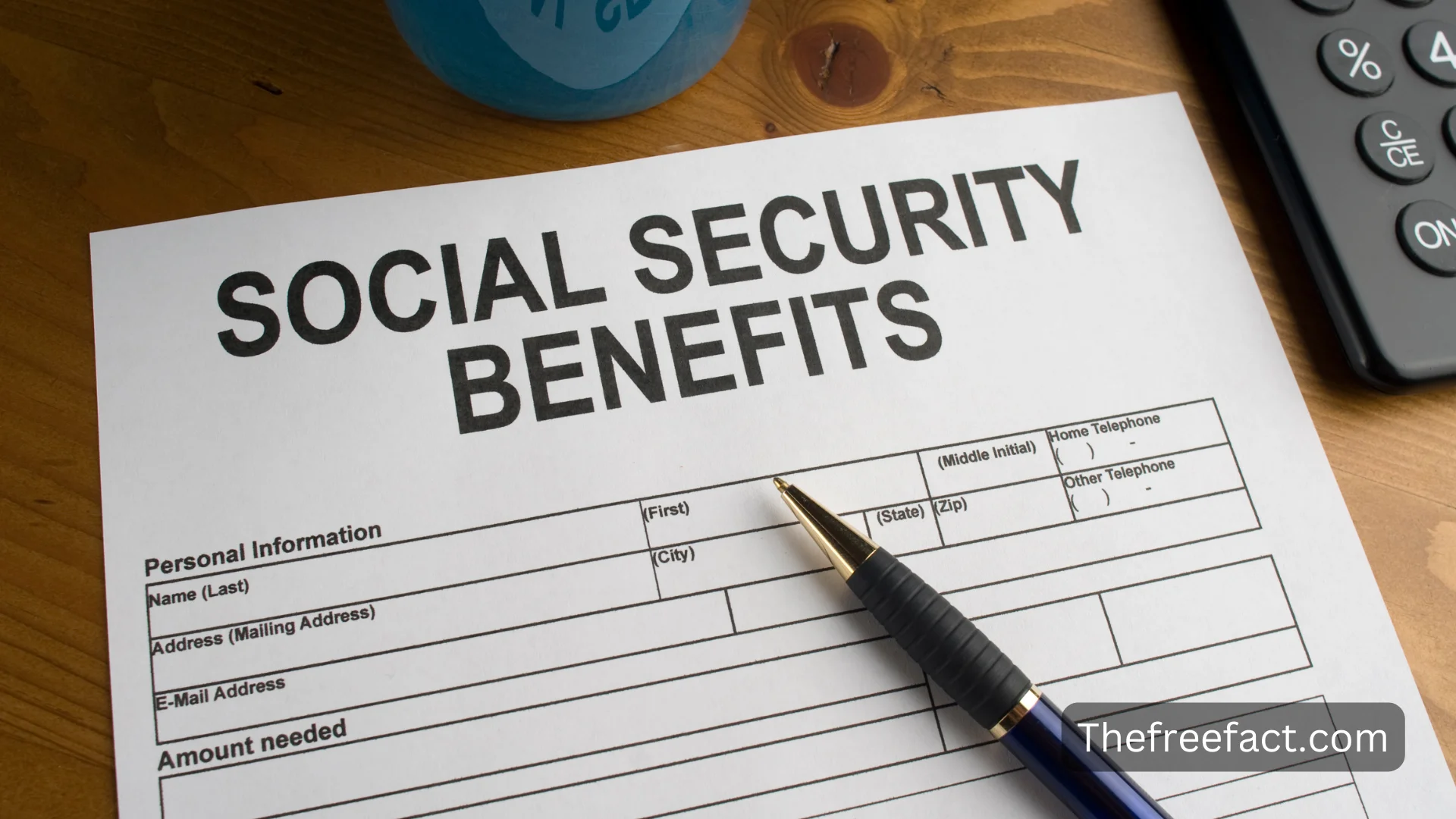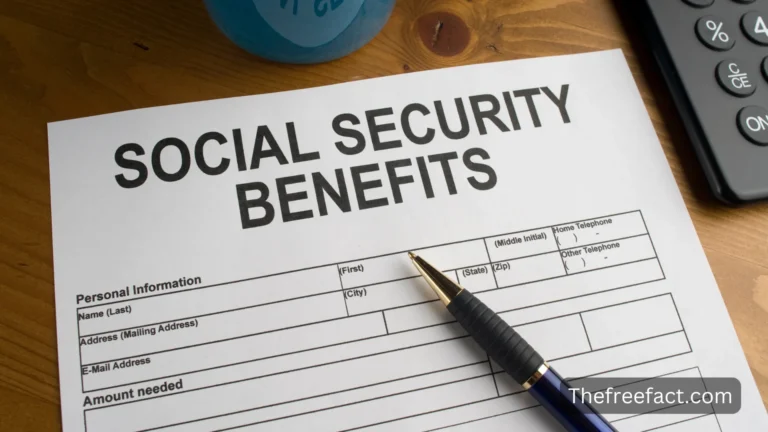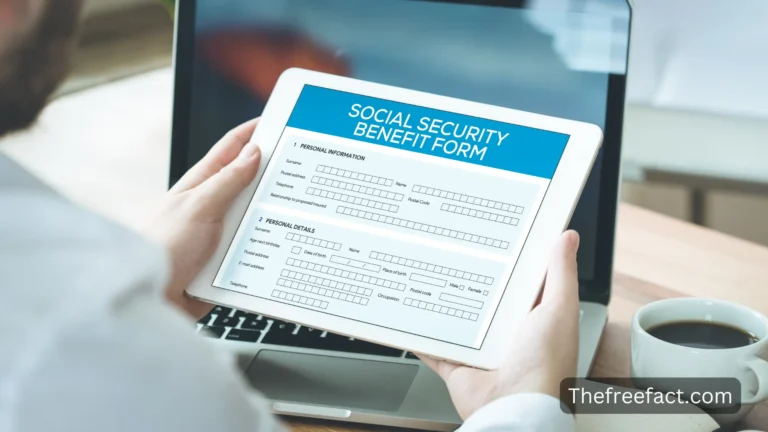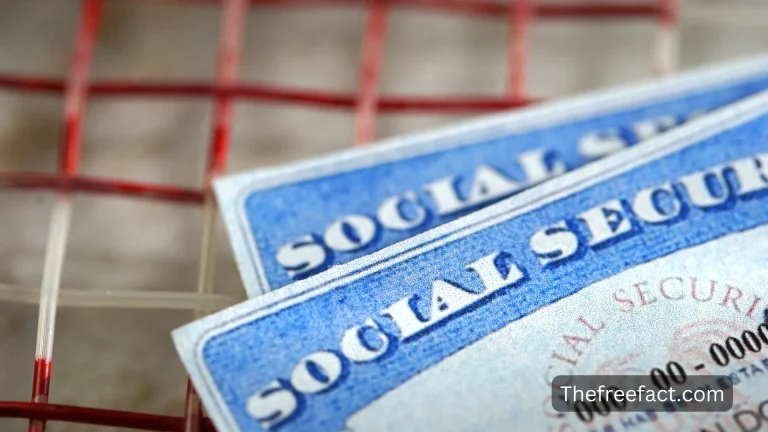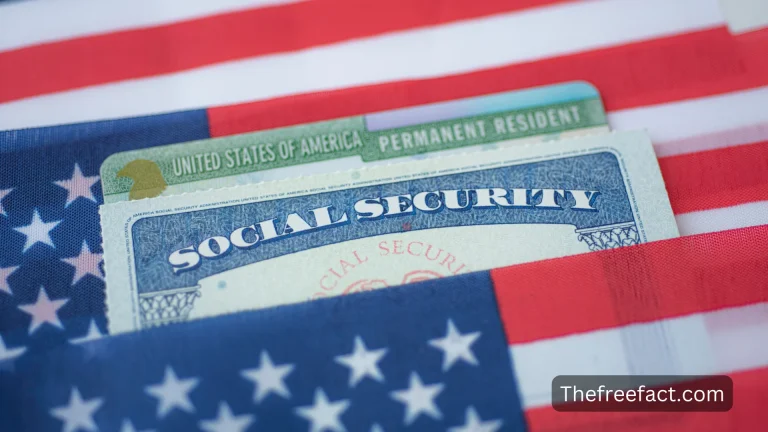Will Unemployed Person Get Social Security Benefits?
When you receive unemployment benefits at the same time as Social Security benefits, your benefit won’t be reduced. However, receiving Social Security benefits may reduce the size of your unemployment benefit.
The rules for unemployment eligibility vary from state to state, and many states reduce unemployment payments dollar-for-dollar based on the income from other sources, including Social Security. Choosing a financial advisor can help you figure out how Social Security will fit into your retirement plan.
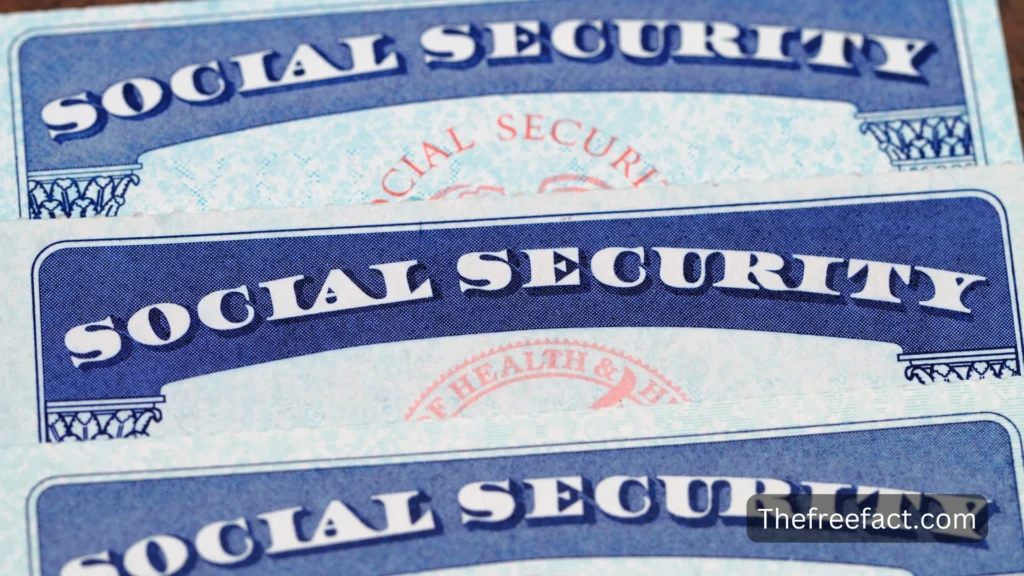
Will Unemployed Person Get Social Security Benefits?
The answer is yes. Collecting unemployment insurance does not preclude you from collecting Social Security retirement benefits or vice versa. This also applies to spousal and survivors benefits you claim.
As for receiving both benefits at the same time, neither amount will be affected (except for some Minnesota recipients, for now – see below).
If an individual claims unemployment benefits before reaching full retirement age and continues to work, Social Security benefits can be reduced. Only income from work counts against the earning test.
Moreover, states are no longer deducting money from unemployment benefits if the recipient receives Social Security as well.
It was estimated that 20 states and the District of Columbia had such “Social Security offset” laws in the early 2000s. States began repealing them in 2003 as a result of advocacy efforts. It was Minnesota’s offset that ended in July 2022 that was the last to end.
What you need to know about unemployment and social security
Social Security and unemployment insurance are two programs that emerged from the same legislation in 1932, but their purposes and practices differ greatly. Funding, eligibility, and the way each affects the other are a few of those differences.
It is funded by both employer and employee payroll taxes. The Social Security Administration runs the system.
State governments and the federal government administer the unemployment insurance program jointly. Employers pay unemployment taxes and the states collect them. As part of broader federal guidelines, states determine eligibility and benefit amounts.
Unlike unemployment insurance, Social Security replaces income for workers who retire or leave their jobs involuntarily. Both programs are based on prior work history and earnings.
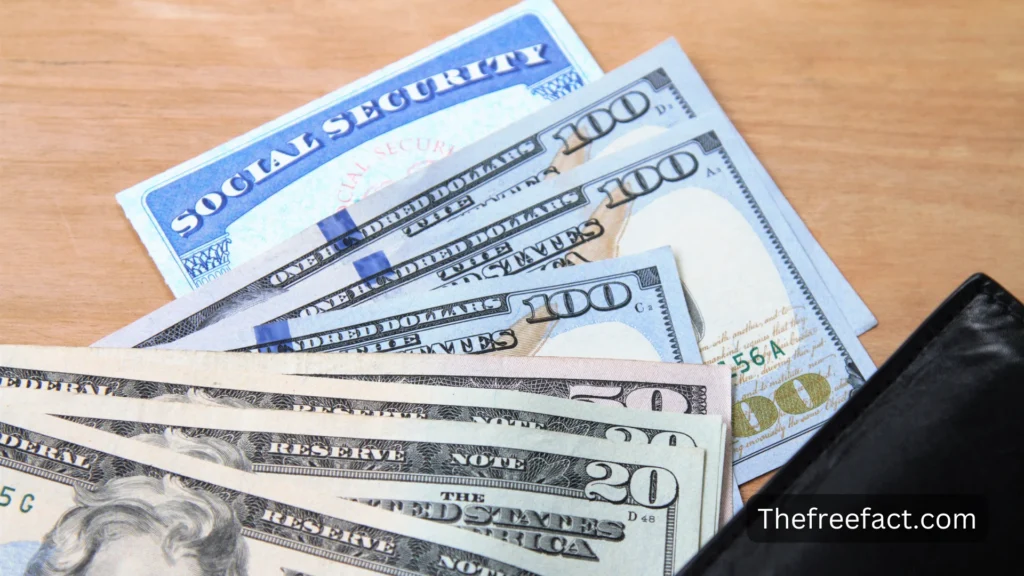
SSI and unemployment benefits
No one can be denied benefits for paying into Social Security, regardless of their financial status. Rich or poor, every wage earner who pays into it is eligible for benefits.
In most cases, older beneficiaries must be at least 62 years old to receive retirement benefits. Younger people who are unable to work due to a health condition may be eligible for disability benefits through a different program.
Also check: How To Increase Social Security Disability Payments?
If a retiree continues to work and earn income after turning 62, their government benefits may be reduced. After reaching full retirement age, they won’t have their Social Security benefits reduced by working.
Even if someone starts collecting Social Security before the age of retirement, collecting unemployment insurance benefits will not reduce their Social Security benefits.
A notable difference between unemployment insurance and Social Security old-age benefits is that unemployment insurance is limited in duration. In most states, workers can only receive unemployment insurance benefits for a maximum of 26 weeks.
The states and unemployment insurance
If you receive unemployment insurance, your Social Security benefits won’t be affected, but if you get Social Security retirement benefits, your unemployment benefits will be reduced. Generally, federal rules entail states to reduce unemployment when collecting Social Security benefits under certain conditions, but they don’t specify how much must be reduced.
Instead of calculating unemployment benefits based on Social Security payments, states are allowed to use their own methods. Some states reduce unemployment benefits dollar-for-dollar. In other words, if you receive $1,000 in Social Security every month, you will have to reduce your unemployment insurance by $1,000.
There may be a difference between disability benefits and retirement benefits. Disability benefits may not affect unemployment benefits, however, if you cannot work, you may not qualify.
Distributions from pensions and 401(k)s
Taking money out of retirement accounts does not affect your Social Security benefit, but if your income exceeds a certain level, part of it may have to be taxed.
Taking distributions from your retirement account or receiving pension payments could affect your unemployment benefits. Retirement payments, like those from pensions or 401(k)s, may decrease unemployment compensation.
Considering your options and speaking to several agencies before applying for government benefits can be helpful. After all, you don’t want one benefit to affect your eligibility for another. When you are transitioning to a new job or retiring, the best decision is to live comfortably.
How do Social Security disability benefits work?
In addition to being legally permissible, drawing Social Security Disability Insurance (SSDI) and unemployment benefits does not affect their amounts.
It can be challenging to get both unemployment and disability benefits since key requirements for each are fundamentally different. To qualify for unemployment, you must actively seek employment. To qualify for disability, you must be largely disabled.
Also check: Is Social Security Disability Taxable?
If you apply for or receive unemployment compensation, Social Security officials will consider your disability claim, and you must show that they are not in conflict with each other.
SSI (Supplemental Security Income), another Social Security-run program that pays benefits to disabled people, is also available to you, but the same caveats apply regarding claims approvals — and SSI benefits can be reduced when you are unemployed.
For more information about either of these benefits or whether you qualify for the other, you might want to contact Social Security or speak with an attorney who specializes in disability claims.
Obtain information about unemployment benefits from your state’s unemployment agency.
Bottom Line
In the event that you are unemployed, you can collect unemployment benefits. However, if you are out of work, you may have a reduction in your unemployment payments.
It varies from state to state how unemployment insurance is calculated, but some states reduce the amount by the amount you receive from Social Security. More information can be obtained from the unemployment insurance office in your state.
